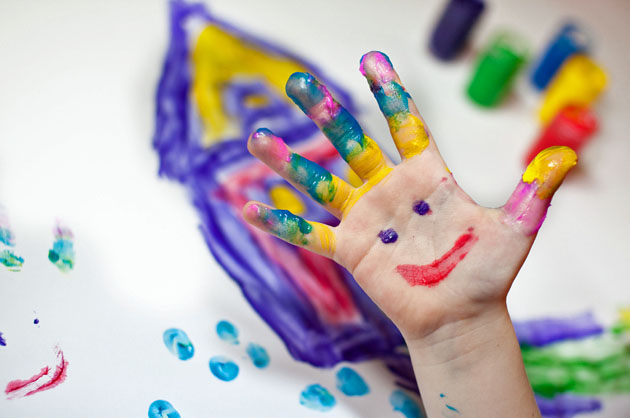Play is an essential aspect of childhood that goes far beyond mere entertainment. It is through play that children explore, discover, and learn about the world around them. While it may seem like fun and games, playtime serves as a crucial developmental tool, enabling children to practice key skills and build their strengths. In this comprehensive blog, we will explore the profound impact of play on a child’s growth, the various types of play, and how parents and educators can foster a playful environment that nurtures children’s talents and abilities.
The Power of Play: Unveiling its Importance
Play is the natural way through which children learn, express themselves, and make sense of their experiences. From the early stages of infancy, play becomes an essential part of cognitive, social, emotional, and physical development.
Types of Play: From Imaginative to Structured
There are several types of play that contribute to a child’s growth. These include imaginative play, physical play, constructive play (using building blocks or puzzles), and structured play (in organized settings like sports).
Cognitive Development: Expanding Thinking and Problem-Solving Skills
Through play, children engage in imaginative scenarios, solve puzzles, and experiment with cause and effect. This nurtures critical thinking, creativity, and problem-solving abilities that form the foundation of cognitive development.
Social Skills: Building Relationships and Emotional Intelligence
Play fosters social interactions, allowing children to practice communication, cooperation, and empathy. Engaging in play with peers provides a platform to learn about emotional cues and develop crucial social skills.
Emotional Regulation: Managing Feelings Through Play
Play provides an outlet for children to express their emotions in a safe and unfiltered manner. This emotional release aids in emotional regulation, helping children cope with stress and anxiety.
Physical Development: Building Strength and Coordination
Physical play, such as climbing, running, and jumping, supports the development of motor skills and enhances muscle strength, balance, and coordination.
Unleashing Creativity: Imaginative Play at its Best
Imaginative play allows children to create and explore endless possibilities. Whether they are playing make-believe games or role-playing, children’s creativity flourishes in these unstructured and imaginative scenarios.
Nurturing Individual Strengths: Tailoring Play to Unique Talents
As children engage in various types of play, parents and educators can observe and identify individual strengths and interests. By encouraging play activities that align with these strengths, children can further develop their unique talents and passions.
The Role of Technology: Balancing Virtual and Physical Play
While technology can complement learning, it is essential to strike a balance between screen time and physical play. Engaging in hands-on, sensory-rich activities is crucial for well-rounded development.
Promoting Playful Environments: Supporting Play at Home and School
Creating a playful environment at home and school is pivotal for children’s growth. Providing access to age-appropriate toys, games, and safe spaces for physical play can facilitate their developmental journey.
Conclusion:
Play is much more than just a pastime for children; it is a powerful catalyst for their growth and development. Through play, children practice key skills, develop their cognitive, social, emotional, and physical abilities, and unleash their creativity. Whether engaging in imaginative, physical, constructive, or structured play, each type contributes to shaping well-rounded individuals with unique strengths and talents. As parents and educators, fostering a playful environment that encourages exploration, discovery, and self-expression is essential in nurturing children’s potential and helping them thrive. By recognizing the transformative power of play, we can provide children with the best possible foundation for success and happiness in both their childhood and future endeavors. So, let us embrace the magic of play and celebrate the joy it brings as it empowers our little ones to blossom into confident, capable, and imaginative individuals.



